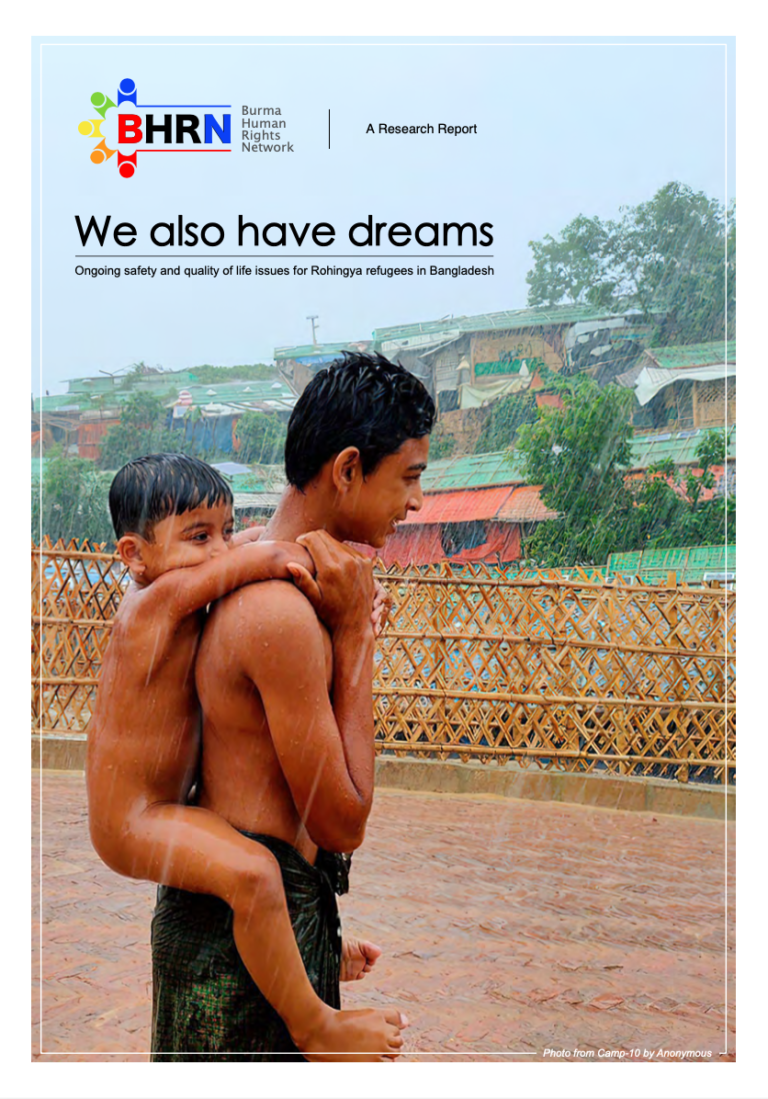Private Sector Engagement in Counter Trafficking Projects: Learning from Our Actions
GuidanceThis Learning Paper Series was developed by the USAID Asia Counter Trafficking in Persons (CTIP) project with the overall aim to learn from our current and previous programming to better inform our future work. Winrock In- ternational is the im...Read More

